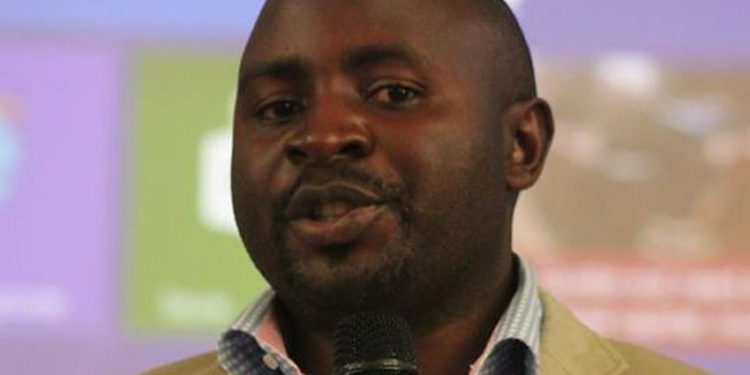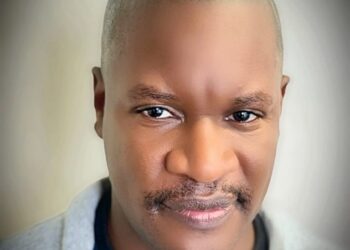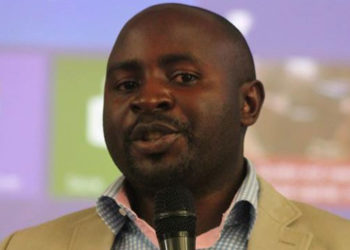By Denis Jjuuko
A few years ago, while on the Kampala Northern Bypass, a couple in their newly acquired 16-year old sedan stopped a few metres ahead of me. The driver, wearing a nice suit and looking every inch a corporate lawyer or investment banker jumped out of the car, opened the trunk and dumped a load of rubbish by the roadside. It was towards 7.00 am. He jumped into his car and drove I think to work with his lady doting on him.
Kampala generates a lot of waste. We love eating fresh food which we peel generating a lot of waste. We also don’t preserve a lot of food. We tend to cook more than we can eat. This isn’t just a Kampala issue though as studies show that 40% of the food we cook is wasted. Before the COVID-19 lockdown, you only needed to attend an event and see how people load their plates with food at events. Most of this food is obviously not eaten.
Waste from food eaten or not creates a nightmare for many households. The couple that dumped rubbish on the northern bypass isn’t isolated. If you walk in many of our suburbs you will see a lot of dumping or a signpost warning others of severe consequences if they dumped waste. Still, it is not uncommon to see people eating their sweet bananas or corn while dumping whatever they can’t eat through car windows. Even on Kampala Road!
Some entrepreneurs have set up companies that charge a small fee to collect waste from offices and homes at least once a week. In Kampala, such entrepreneurs dump the waste at KCCA’s landfill in Kiteezi. For plastic waste, companies such as Coca Cola buy it by the kilogram to recycle for new plastic bottles. They like to call it the circular economy.
However, the other waste that we create mainly around food is a nightmare to deal with yet it shouldn’t be. In many of Kampala’s ‘elite’ suburbs, investors are building housing estates to sell as condominium units. Others are buying large pieces of land and partitioning it into small pieces and selling them to those who dream of building their own houses.
When people start building on these small pieces of land, each constructs a septic tank and some even complement it with pit latrine (I have never understood the purpose for pit latrines when one has a flushing toilet). Housing estates building condos are building mega septic tanks. Schools and hotels are doing the same.
A few months ago, there was even an uproar when a shopping mall in Entebbe was leased some of the land belonging to botanical gardens to expand its septic tank. Schools, hotels, malls always hire cesspool emptier trucks to deal with their human waste challenges. I am told they even pay National Water to have the waste dumped there. National Water then turns into manure and sells it to us.
Although we have increased our electricity generation by building many power dams, its supply to the final consumer is still a challenge. We usually run to Twitter and Facebook to complain whenever it rains and electricity supply from the national grid gets interrupted. Yet we live with a source of untapped energy that can supplement what we can get from the national grid. We can turn our septic tanks into sources of biogas used for cooking and even lighting.
Uneaten food and other such waste can easily be turned into energy. Imagine a housing estate with 50 units with each occupied by about five people, how much energy can it create from the waste people create every day? Each housing estate or household can be a power plant to supplement what is provided from the national grid. Most Ugandans use firewood to cook, creating energy from biogas would save our forests and protect our planet.
The sludge from biogas plants can then be used as fertilizers. So the money we pay to dump our waste can instead be saved and we even earn from it. We just need to practice sorting waste and then invest in biogas technologies to turn our waste into energy and fertilizers.
It is not just energy that our homes or offices can create. We can recycle wastewater and use it again in our homes for stuff such as gardening, washing cars and such other tasks.
The writer is a communication and visibility consultant. djjuuko@gmail.com
Do you have a story in your community or an opinion to share with us: Email us at editorial@watchdoguganda.com













